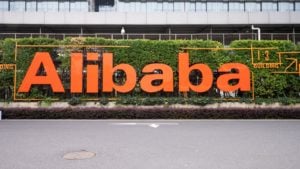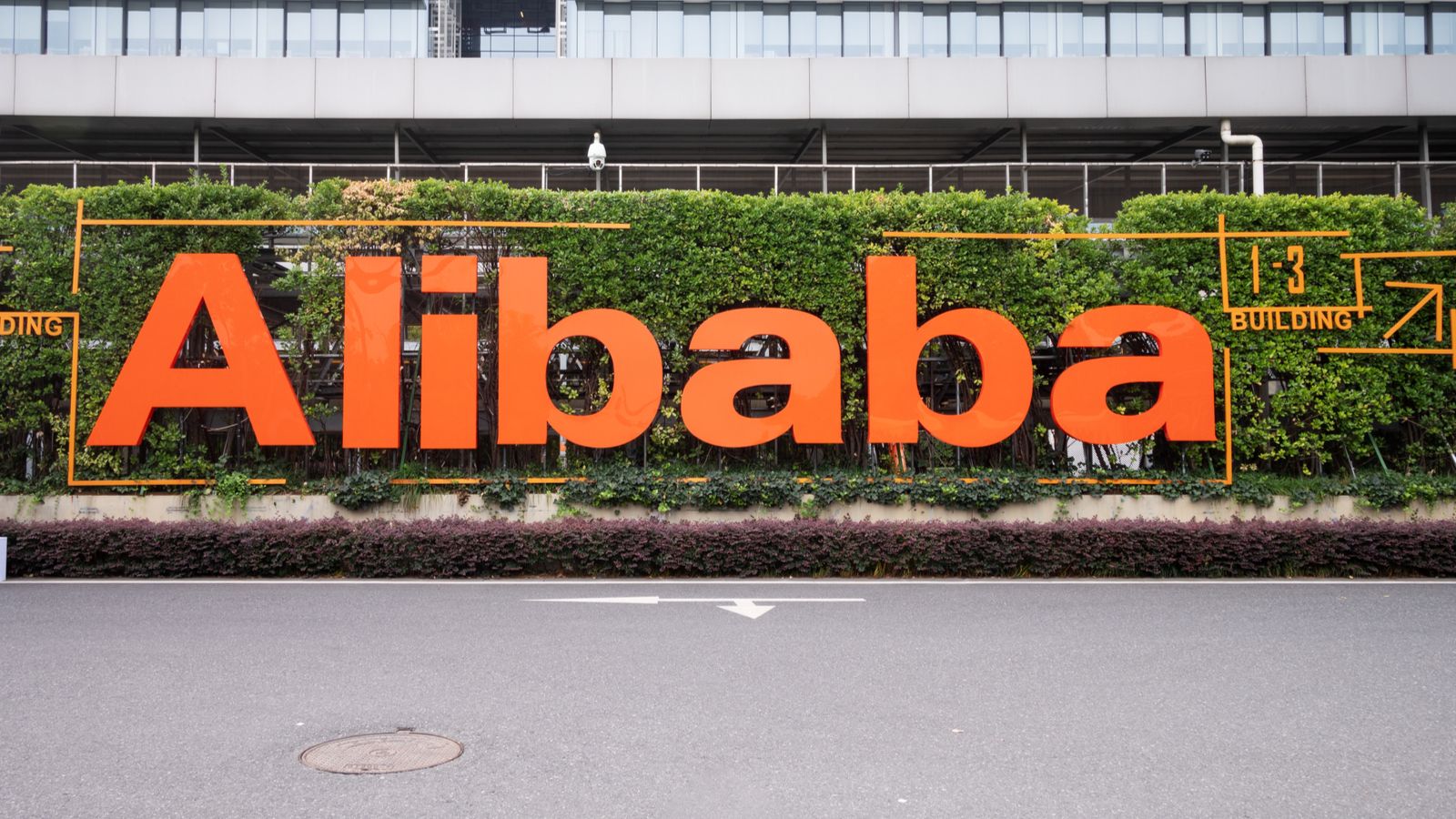There has been so much written this year about the rise in e-commerce stocks in the age of the novel coronavirus, and the rapid shift in shopping habits away from brick-and-mortar stores. As you look for names with the most upside potential, don’t forget about Alibaba (NYSE:BABA) stock.

It’s natural for investors in the U.S. to focus more on U.S.-based companies that they deal with on a daily basis. And as a shopper in the U.S., there are plenty of e-commerce options from which to choose.
But Alibaba, with its stranglehold on the Chinese e-commerce market, is poised for some extraordinary growth.
It has actually underperformed other e-commerce stocks so far in 2020, which I believe is a sign that it has greater potential for explosive growth in the coming months.
Alibaba at a Glance
BABA stock is up nearly 30% on a year-to-date basis — that’s a fine, solid return, but nothing like the return investors have seen from U.S.-based e-commerce stocks.
Some of that can be attributed to politics. President Donald Trump’s pressure campaign against Beijing resulted in a threat to have Alibaba delisted from U.S. exchanges. Secretary of State Mike Pompeo recently named Alibaba in a speech in which he demanded that American companies take Chinese technology out of their networks.
But there’s also plenty to like about Alibaba. First of all, only 7% of its revenue comes from outside China, so the threats by the Trump administration aren’t as dire as they would seem. Second, Alibaba is getting plenty of revenue now that its shares are being traded in Hong Kong.
And finally, BABA stock will get a huge boost when its subsidiary, Ant Financial, goes public. Alibaba owns one-third of Ant, which is aiming to raise $35 billion in its newly announced IPO.
Fiscal first-quarter earnings released last month told a positive story. BABA stock posted revenue of $21.76 billion for the quarter, beating analysts’ estimates of $21.34 billion. Earnings came in at $2.10 per share, which also beat estimates of $1.99 per share.
The company’s revenue for the quarter was 30% higher on a year-over-year basis, and operating income of $4.91 billion reflected a 38.3% increase from the previous year.
“We were well positioned to capture growth from the ongoing digital transformation, which has been accelerated by the pandemic, in both consumption and enterprise operations,” CEO Daniel Zhang said.
Although Alibaba did not issue guidance for the fiscal year, analysts are expecting revenue of $95.88 billion and earnings per share to reach $8.74.
The Growth of the Middle Class in China
Much as e-commerce is growing in the U.S., China is expected to continue to see the rise of e-commerce companies in the coming months and years.
The difference between the U.S. and China, however, is the wide gap between the two countries in economic growth. The U.S. just can’t compete when it comes to GDP growth when compared to Beijing.
Think of it this way: For the last few years, China was bemoaning the fact that its economy was only growing by 6%. It was a major deal when GPD growth fell below 7% in 2017.
Meanwhile, the U.S. has been comparatively staggering along with GDP growth between 2% and 3.3%. As much as Trump likes to brag about the U.S. economy, the reality is that Beijing is trouncing Washington every quarter.
China’s economy is also bouncing back much quicker than the U.S. from the Covid-19 pandemic, thanks in part to the fact that Beijing did a better job than Washington in controlling the outbreak.
Alibaba’s online marketplaces, including Taobao, Tmall and Alibaba.com, are expected to flourish in the coming years thanks to the rising Chinese middle class. By 2025, the middle class is expected include 70% of the Chinese population, according to Khaveen Investments.
That kind of growth is expected to translate into 38% growth in the Chinese e-commerce market, and in growth of 31% for BABA stock over the next few years.
That kind of opportunity won’t be available to U.S.-based e-commerce stocks.
The Bottom Line for BABA Stock
Don’t overlook Alibaba when considering e-commerce plays. The company is a juggernaut that can withstand any pressure it receives from Washington. And it’s well-positioned to capitalize on the growth of the rising middle class in China.
BABA stock has an ‘A’ grade and a strong buy recommendation in my Portfolio Grader right now.
On the date of publication, Louis Navellier had long position in BABA. Louis Navellier did not have (either directly or indirectly) any other positions in the securities mentioned in this article. The InvestorPlace Research Staff member primarily responsible for this article did not hold (either directly or indirectly) any positions in the securities mentioned in this article.
Louis Navellier had an unconventional start, as a grad student who accidentally built a market-beating stock system — with returns rivaling even Warren Buffett. In his latest feat, Louis discovered the “Master Key” to profiting from the biggest tech revolution of this (or any) generation. Louis Navellier may hold some of the aforementioned securities in one or more of his newsletters.
